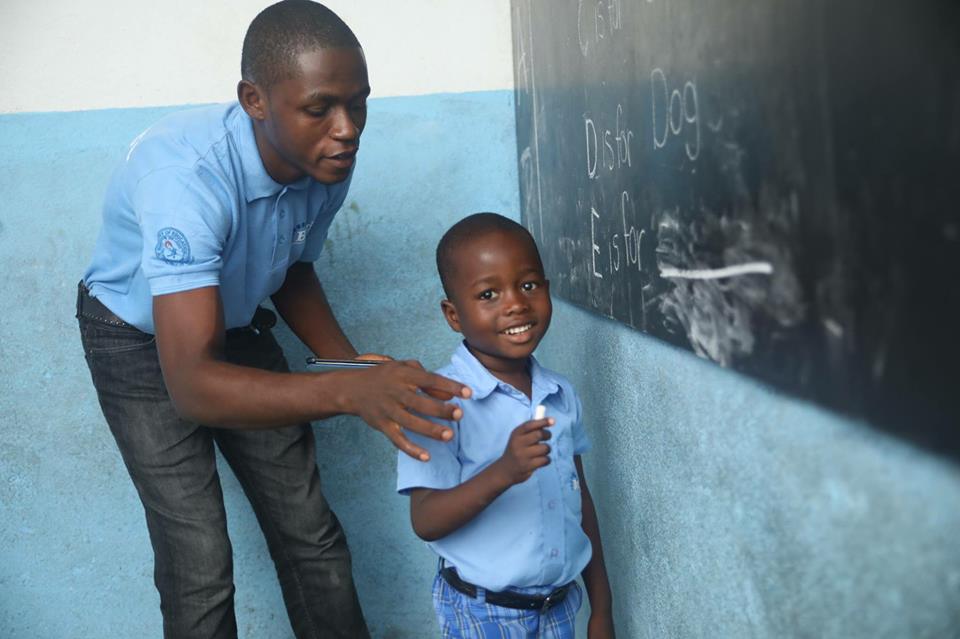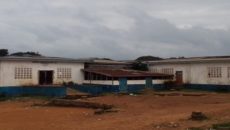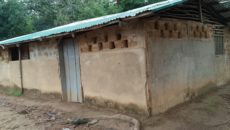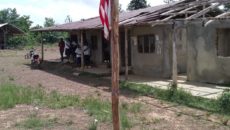MONROVIA, Montserrado – Ahead of the end of the first year of its Partnership Schools for Liberia, the Ministry of Education has announced the final allocations of schools for the second year of the program, also known as PSL.
The ministry disclosed in a release that the announcement followed lengthy consultations with providers and partners.
A baseline report on the experimental evaluation of the program earlier pointed out improved principals and teachers working behavior and increased student enrollments in partnership schools.
A draft of the report released in March disclosed that while the global education agenda has pivoted from access to quality on the heels of widespread progress toward universal primary education, Liberia has been left behind.
The report summarizes the baseline survey data from a randomized impact evaluation of the PSL program.
But critics, like Action Aid and Education International, organizations that have been perennial critics of the ministry’s PSL initiative, say the ministry has gone against its promise of not scaling up the program without seeing the final results of the evaluation.
Additionally, researchers conducting the randomized control trial have cautioned the government against expanding.
In a public letter to the minister in April, the team wrote, “We would encourage you to stick to your public commitment that any significant scale up of PSL will await the results of the randomized evaluation. Since those results will not be available until August 2017 at the earliest, this effectively rules out dramatic scale-up in year 2.â€
In an op-ed published earlier in the year, Minister George Werner said, “I have been clear from the start that any significant scale up of PSL will be dependent on the results of this evaluation.â€
The ministry has been characterizing the current allocations of schools as an extension, rather than a scale up.
“A key element of Year 2 will be to ensure the program is properly tested in more rural environments and to ensure that providers can integrate effectively into the wider public school system,†Werner wrote in a ‘vision letter’ to PSL partners and operators in May. “This would also allow us to extend beyond the existing 11 counties and into the South East and elsewhere bringing the total number of schools in the program to 200.â€
Additionally, semantics come into play when interpreting the meaning of what a “significant scale up†is.
Increasing the total number of PSL schools from 93 to 202, the second year of the program will now include a modest expansion of the pilot, testing models in more remote areas such as southeastern Liberia, which the program was not able to reach in the first year. About 109 new schools have been added.
Bridge International operated schools will increase from 25 to 68; BRAC, from 20 to 33; the Liberian-operated LIYONET, from 4 to 6; More Than Me, from 6 to 18; Omega, from 17 to 19; Street Child, from 12 to 23; Stella Maris, from 4 to 6; and Rising Academies, from 5 to 29.
The final allocations announced this week followed the assessment on the ability of providers to scale and demonstrate quality implementation, and their application for specific clusters of schools, and the ministry’s review of bids, which was based on a set of key principles.
According to the press release, Education Minister George Werner said he looks forward to building on the successes that have been achieved in the previous year.
“We are committed to ensuring that PSL remains a child-centric, evidence-based, and performance-driven program,†Werner said. “We will be working with our partners over the coming weeks to ensure that independent monitoring and evaluation continues to be a cornerstone of the program in Year 2 and beyond.â€
According to a 2014 nationwide census, among adult women who attended secondary school or higher, only 35 percent can read a complete sentence. The country’s civil war and the Ebola epidemic contributed to the situation.
President Ellen Johnson Sirleaf in 2013 described the country’s education system as “a mess†when more than 25,000 candidates failed to pass the University of Liberia’s entrance exam.
Upon taking office in 2015, Werner vowed to embark on a reform of the education system, changing it from “mess to best.â€
He began taking a number of actions and introduced new policies to drive his reform agenda. Notable among them is the PSL, a public-private partnership that allows private operators to manage public schools with government-paid teachers.
The policy came under strong criticism from teachers and some civil society organizations.
The critics claim that the initiative pours a lot of resources into few schools and allows private institutions to profit when those resources should be put to use across the sector. The ministry has been sure to emphasize that PSL is not taking any money from other schools; that other schools still receive the same US$50 of funding per capita as they did before the program.
Featured photo by Ministry of Education



